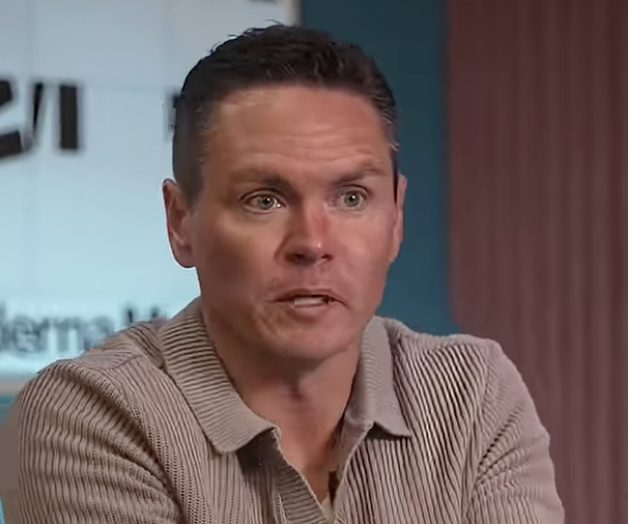What Real Empowerment Looks Like
Authentic empowerment doesn’t require an enemy. It doesn’t gain strength by diminishing others. True power grows from fully owning your worth, voice, and capabilities without needing to tear down the opposite gender.
In my work with clients and business leaders, I’ve witnessed how this principle applies universally. Those who lead from a place of genuine confidence don’t need to create adversaries. They understand that:
- Real strength comes from within, not from opposition
- Personal power isn’t a zero-sum game
- Healing happens through integration, not division
When examining any movement that claims to empower people, we should ask whether it builds bridges or burns them. Does it foster understanding or deepen divides?
The Wound Behind False Strength
If your version of strength requires blame, separation, or feelings of superiority, what you’re experiencing isn’t strength at all. It’s a wound you believe you’ve healed, but have merely covered up.
This pattern recurs frequently across various contexts. The businessman who must belittle colleagues, the political leader who demonizes opponents, the activist who can only define their cause against an enemy—all are operating from unhealed wounds rather than authentic power.
If your version of strength requires blame, separation, or superiority, it is not strength. It’s a wound that you think you’ve healed, but you’ve really only masked.
The most profound healing comes when we stop needing others to be wrong for us to be right. True empowerment exists independent of comparison or opposition. It stands on its own merit.
Moving Beyond Opposition
My work guiding people toward inner peace has shown me that the path to enlightenment requires moving beyond the need for opposition. This applies equally to feminism, masculinity, and any movement seeking positive change.
What would feminism look like if it focused purely on elevating women without needing men to be villains? What would masculinity look like if it celebrated male strengths without requiring dominance over women?
The answer lies in understanding that:
- We can advocate for our rights without demonizing others
- Healing requires integration, not separation
- True power comes from within, not from pushing others down
The most effective change-makers I’ve worked with understand this principle deeply. They don’t waste energy on hatred or blame. Instead, they channel their full attention toward creating the positive change they wish to see.
A Better Path Forward
We need movements that lift people up without requiring others to be pushed down. We need healing that integrates rather than divides. We need strength that stands on its own rather than being defined against an enemy.
This isn’t just idealism—it’s practical wisdom. Movements built on opposition eventually consume themselves. Those built on genuine empowerment create lasting positive change.
My challenge to anyone seeking empowerment: examine whether your approach requires an enemy. If it does, consider whether what you’re feeling is truly strength or a wound in disguise. The path to genuine power begins with this honest self-reflection.
Frequently Asked Questions
Q: How can I tell if my empowerment is authentic or based on opposition?
Authentic empowerment feels complete on its own—it doesn’t depend on comparing yourself to others or needing someone else to be wrong. If your sense of strength diminishes when you can’t contrast it against an “enemy,” it may be worth examining the wounds beneath that need for opposition.
Q: Can movements for social change exist without opposition?
Yes. The most effective movements focus primarily on what they’re building rather than what they’re fighting against. While they acknowledge problems that need addressing, their energy centers on creating solutions and lifting people up rather than vilifying opponents.
Q: What’s the difference between identifying actual oppression and creating unnecessary opposition?
Identifying real oppression means recognizing harmful systems or behaviors that need to be changed. This differs from creating unnecessary opposition when you need an entire group to be “the enemy” to validate your cause. The former addresses specific problems; the latter generalizes and demonizes.
Q: How does this principle apply to other social movements beyond feminism?
This principle applies universally. Any movement—whether focused on race, religion, politics, or other identities—is healthiest when it empowers its members without requiring hatred of others. Movements that define themselves primarily through opposition often struggle to create lasting positive change.
Q: What steps can I take to heal wounds that might be masquerading as strength?
Start by honestly examining whether your sense of power depends on having an opponent. Practice defining your worth independently of others. Work with a therapist or counselor to address past traumas or emotional wounds. Focus on building something positive rather than fighting against something negative. True healing integrates all parts of your experience rather than projecting pain outward.







